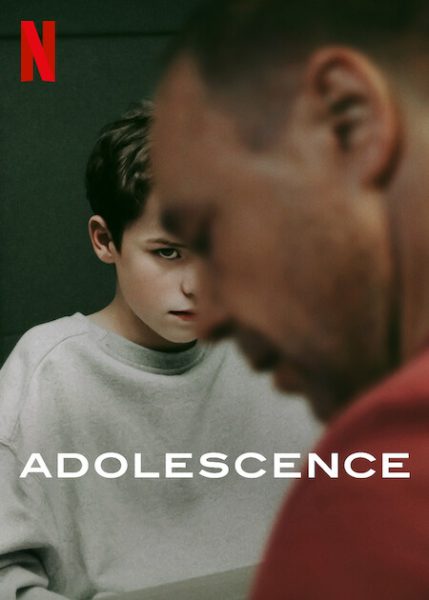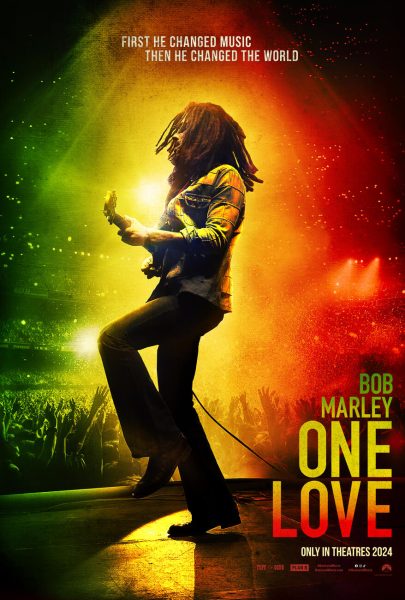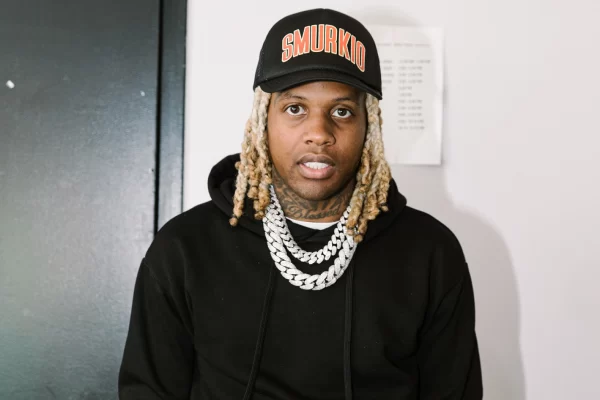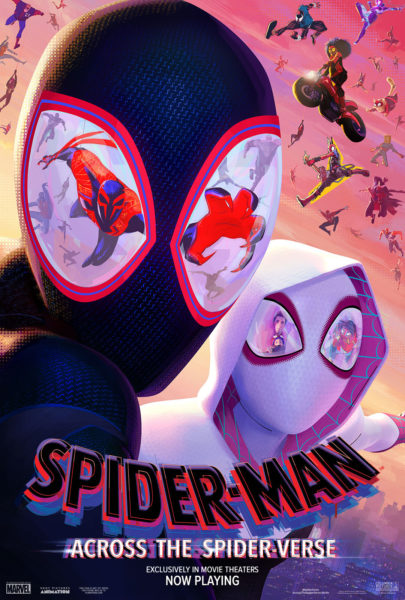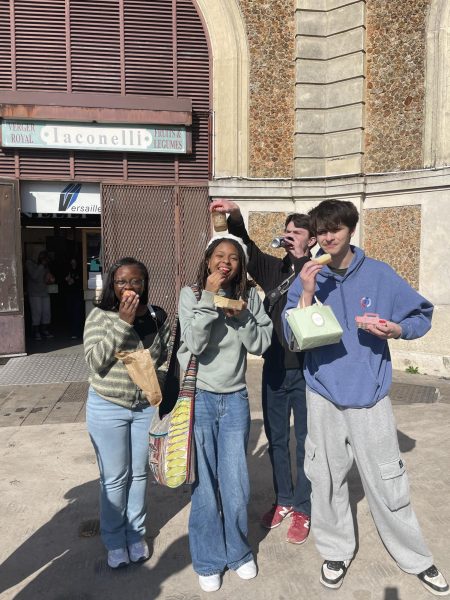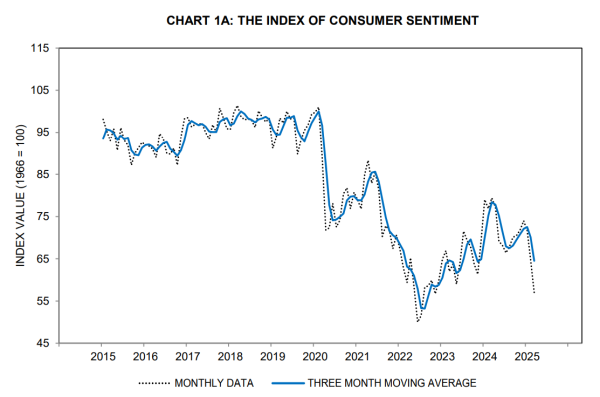Seven Years Later, ‘Pure Heroine’ is Still the Best Coming-of-Age Album
liliane callegari, Creative Commons
Lorde at Lollapalooza in 2014, relishing in the success of her first album.
In 2014, I accompanied a friend and her mom to a Lorde concert at the Aragon Ballroom in Chicago. I was 11 years old. Looking back, I can’t remember a whole lot of the actual performance, though I do remember it was also the first time I had ever seen adults who were truly and completely drunk. In contrast, the girl onstage, at just 18, couldn’t legally drink in the United States.
Something about the performance must have stuck with me, though. Since then, I’ve consistently listened to Lorde’s album “Pure Heroine,” either in obsessive one-week spurts every few months or by slipping the songs that resonate with me most into my favorite playlists. It’s the only album that’s stuck with me through all of my “it’s not just a phase” music phases, and one I find both nostalgic and, as I grow older, new.
New? you might think. That album is seven years old! And this, precisely, is why “Pure Heroine” holds the title for the best coming-of-age album: the order of its songs is the same as the order of epiphanies everyone has when they grow up.
Bear with me. The first three songs— “Tennis Court,” “400 Lux,” and “Royals” are all about revelling in youth. But she takes a sharp turn at the fourth song, “Ribs,” where Lorde addresses a life past adolescence: “It feels so scary, getting old.” It’s also in “Ribs” that Lorde says that teenage life, while fun, “will never be enough.”
After “Ribs” comes “Buzzcut Season,” a song about waking up to the “explosions on TV” while trying to live in a sheltered suburbia “where everything is good.” Next “Team,” where there’s another shift, where she stops denying that she’s growing up: “Maybe I’m older than I was when I revelled without a care / So there.” “Glory and Gore” recognizes rebellion as a transition into adulthood, and “Still Sane” is a promise to “stay good” in the throes of adult life. Then, “White Teeth Teens” talks about moving on from the craziness of cliques.
“Pure Heroine” ends with “A World Alone.” The narrator— Lorde—is presumably in college, saying her “friends study in business / I study the floor.” And now, as an adult, she is in the world alone.
Of course, I’m not the first to recognize the way “Pure Heroine” is all about growing up. But for me— and for others who have made this album the soundtrack of their adolescence— “Pure Heroine” itself is a growing up!
I can only make these conclusions about the way Lorde writes about adolescence now that I am nearly through with it. And the more I reflect, the more I realize that the conclusions I drew on my own growing up have always been embedded in this album. I just didn’t realize how much truth the songs held until I got older.
Every song emphasizes one truth, though, regardless of where you are in adolescence: “It drives you crazy, getting old.”


